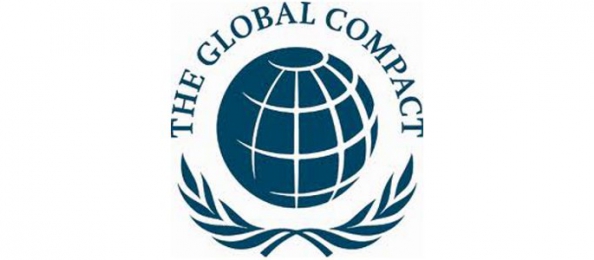The United Nations and Transnational Corporations
When former secretary-general Kofi Annan addressed business leaders at the World Economic Forum in Davos in 1999, he not only started to initiate the Global Compact, but also, at the same time, fundamentally redefined the relationship between the private sector and the United Nations (UN) system. After its operational launch in 2000, the Global Compact swiftly emerged as the world’s leading corporate responsibility initiative with currently close to 7,000 business and more than 3,000 nonbusiness participants in nearly 140 countries. The Global Compact can be described as a multistakeholder (yet business-led) initiative that enlists corporations in support of ten universal principles as well as broader UN goals (e.g., the Millennium Development Goals). Participation in the initiative is voluntary and open to large transnational corporations (TNCs)1 as well as small and medium-sized enterprises (SMEs) from all sectors and regions (Rasche & Kell, 2010).
This chapter explains what the Global Compact is (and what it is not). The first section introduces the basic pillars of the initiative and explores the related historical shift of UN-business relations from confrontation to collaboration. The following section discusses why there is a need for something like a global compact between business and other stakeholders. The discussion highlights the existence of global governance gaps, which are currently not sufficiently addressed through intergovernmental action and hence require the creation of more inclusive policy-making arenas. The next section sets out to revisit the debate around the Global Compact by introducing critics’ arguments and relevant counterarguments. The last section looks at the Compact’s achievements and also identifies future challenges.
See the full chapter
Table of Content
- The UN Global Compact: What It Is (and What It Is Not)
- Why Do We Need a Global Compact?
- The Global Compact and Its Critics: Exploring the Debate
- Retrospect and Prospect—Achievements and Challenges
- References
Andreas Rasche is Professor of Business and Society at Copenhagen Business School and serves on the GC LEAD Steering Committee.
About Us // Privacy Policy // Copyright Information // Legal Disclaimer // Contact
Copyright © 2012-2018 macondo publishing GmbH. All rights reserved.
The CSR Academy is an independent learning platform of the macondo publishing group.









